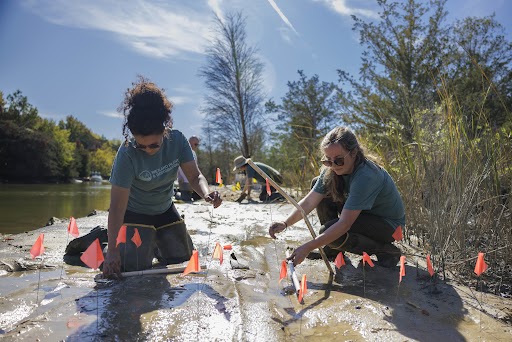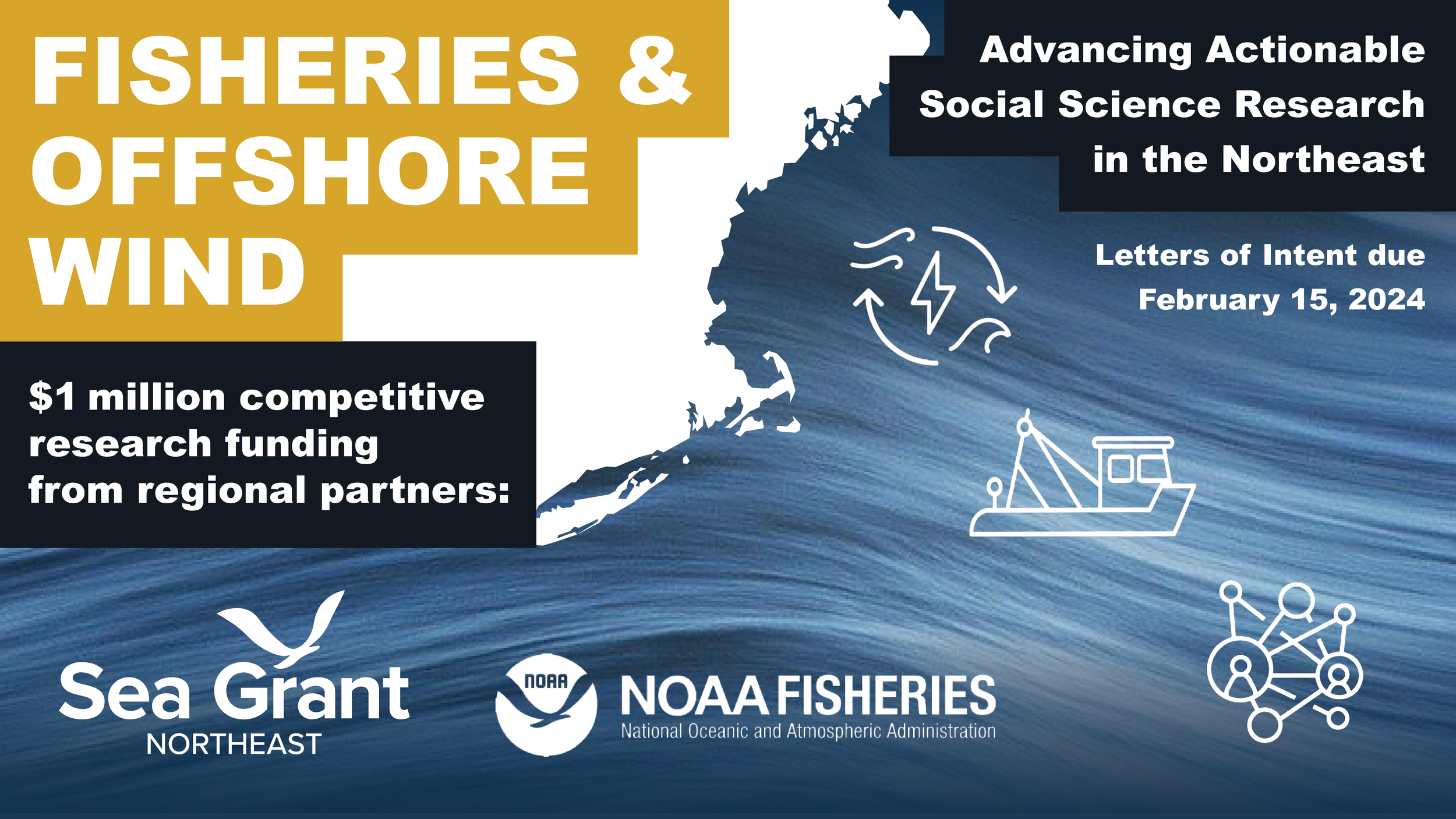Social science helping to improve the work of Sea Grant
By Anjanette Riley, Illinois-Indiana Sea Grant
A popular Madison, WI restaurant is abuzz with the sound of diners enjoying a four-course fish meal. The fresh Arctic char were brought in from AquaTerra Farms for an Eat Wisconsin Fish dinner event designed to show consumers just how delicious farm-raised fish can be. The success of the event is apparent to anyone in the room. It’s almost hard to imagine that it may not have happened without help from the Great Lakes Social Science Network (GLSSN).
The dinner, along with campaign resources and promotional materials, is the result of research orchestrated by Wisconsin Sea Grant’s Jane Harrison, a GLSSN social scientist. The project even owes its tagline—Local, Healthy, Delicious—to focus groups that revealed what consumers are looking for in the meat aisle.
“Marketing local fish can be a tricky outreach topic because of consumption advisories for wild Great Lakes fish and negative perceptions of farmed fish,” said Kathy Kline, a Sea Grant education outreach specialist and one of the leaders of the Eat Wisconsin Fish campaign. “Without GLSSN and a talented designer, we wouldn’t have been able to create materials that address those issues while still encouraging people to buy local fish.”
The original idea behind GLSSN was simple: bring together social scientists working across the region to provide guidance and technical training to Sea Grant staff members and support social science research in the Great Lakes. Using this model, more than 160 specialists have learned how to use surveys, qualitative data coding and other social science methodologies to better understand and connect with audiences. This success has led to a partnership with the National Sea Grant Office to design and conduct training for all Sea Grant programs as part of the Social Science Community of Practice.
“Social science explains why people interact with their natural environments in the ways they do,” said Caitie McCoy, Illinois-Indiana Sea Grant environmental social scientist and founder of GLSSN. “Our job is to help communities make better decisions about their coastal resources using science. If we’re only sharing natural science knowledge, we’re missing half of the story.”
Since launching in 2011, the network has also grown into a research group, facilitating multi-program projects and taking the lead in regional and national studies. Most notable was its examination of the warning system used by the National Weather Service (NWS) to keep broadcast meteorologists and emergency managers up-to-date on the expected impacts of severe weather. McCoy, Harrison and fellow GLSSN members Hillarie Sorenson, Kathy Bunting-Howarth and Chris Ellis presented NWS with strategies for improving the clarity and effectiveness of the system.
GLSSN members at Minnesota Sea Grant and New York Sea Grant have also launched collaborative studies to characterize local decision makers’ understanding of climate change and adaptation strategies. Focus groups and interviews will help pinpoint how Sea Grant climate resources and tools can be improved.
“It is exciting to see the network blossom from a training ground for all Extension professionals to conducting applied research,” said Bunting-Howarth, New York Sea Grant associate director. “Having a strong social science team will help us broaden and enhance the impacts of Sea Grant-funded research and our extension efforts.”


